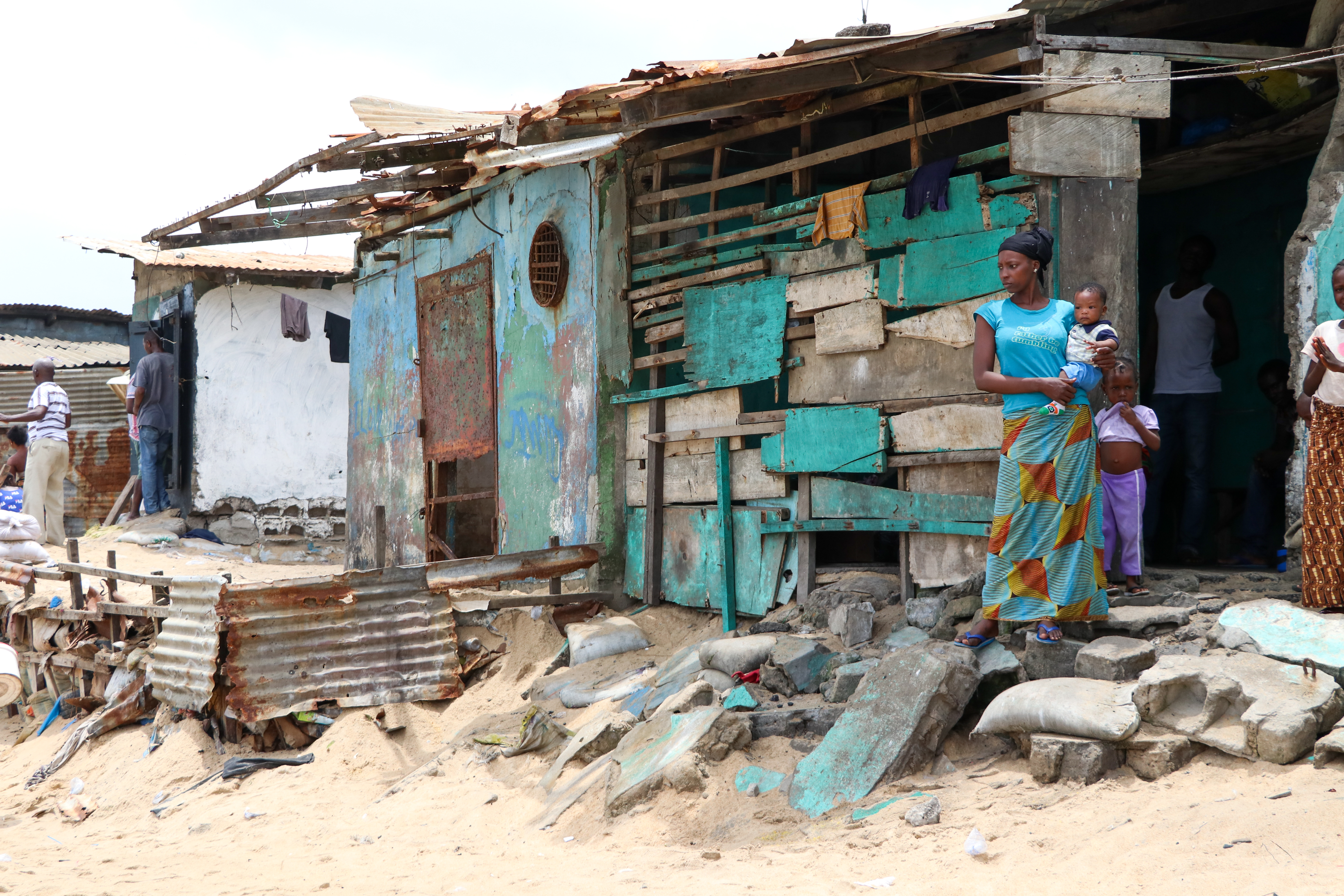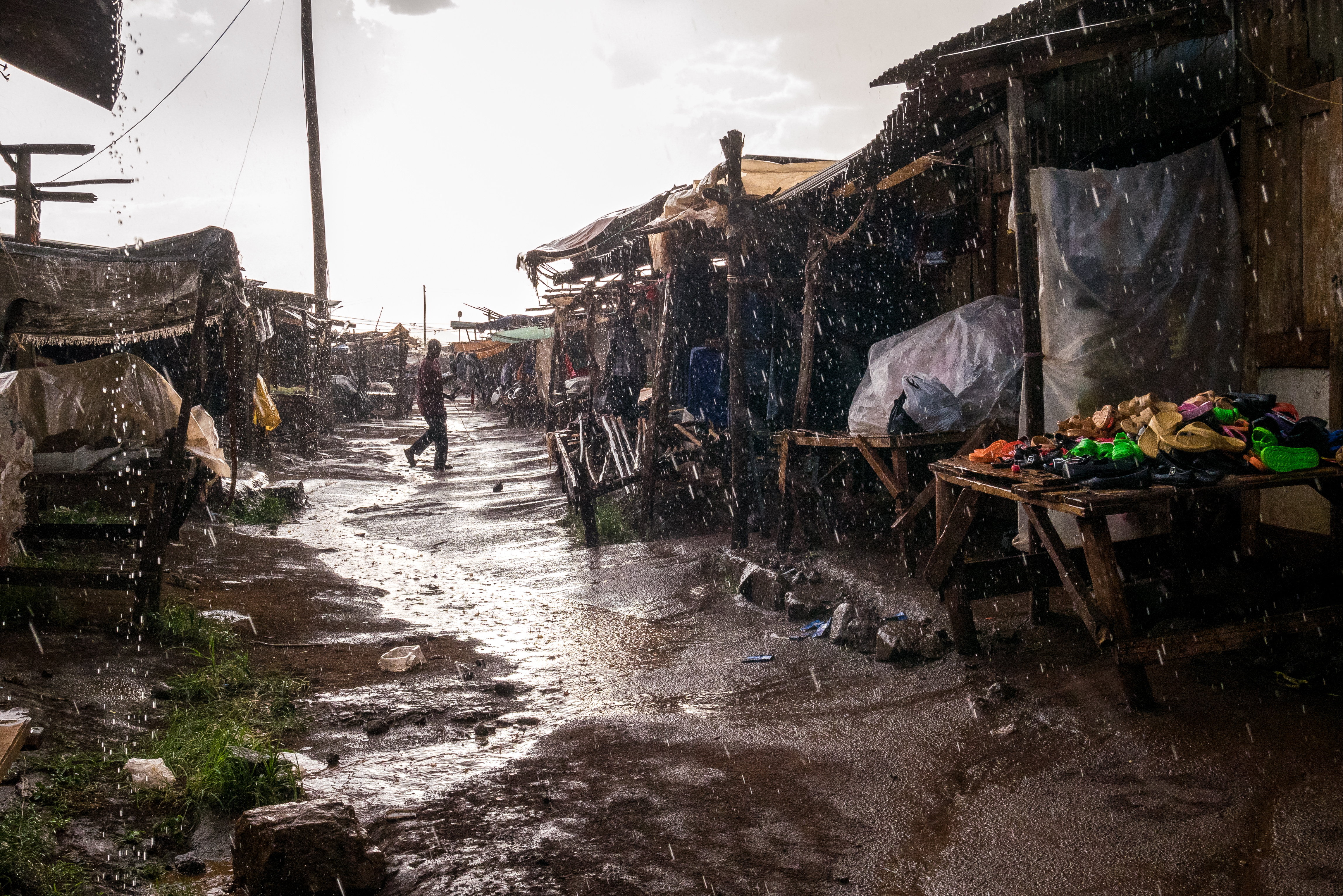This content is originally from the Cities Alliance site.
The Cities Alliance has launched an Innovation Call for Proposals to award small grants to advance affordable, accessible and innovative climate adaptation concepts, products and processes at the community level, and foster dialogue and engagement between local communities and local governments.
Climate change is increasingly affecting cities in a variety of ways: among the impacts are an increase in the frequency and intensity of extreme weather events such as heatwaves or heavy rains, causing landslides and flooding. These impacts are a reality acknowledged by major global agreements. Still, a breakthrough in efforts to effectively mitigate the predicted increase in temperature is lacking.
Meanwhile, people in rapidly urbanising countries are beginning to bear the burden of global warming, especially the poorest, who are the least responsible for these effects. This comes in addition to existing social inequalities that are increasing the exposure to and vulnerability of the poorest communities to the effects of climate change, while also being aggravated by them.

Enhancing Climate Adaptation: The Case for the Greater Horn of Africa (GHA) and the Bay of Bengal (BoB)
The Greater Horn of Africa (GHA) and the Bay of Bengal (BoB) are considered two of the world’s most vulnerable regions to these impacts. In the GHA, droughts and torrential rainfall with heavy runoff and flooding have already become more frequent and scientific predictions suggest that the region will be hotter and drier with increased extreme events. Similarly, the littoral countries of Bangladesh and Myanmar will be highly affected by anticipated climate-induced events, such as more frequent and severe tropical storms and cyclones, heavy rains, coastal erosion, and sea-level rise.
Such disruptive events have deep impacts on societies and economies, exacerbating the vulnerability of low-income households and, in particular, of those living in informal settlements and/or working in the informal economy. Being characterized by inadequate housing conditions and access to basic public services, and most often located in hazardous urban environments, informal settlements are highly susceptible to climate change risks. At the same time the informal economy, which plays a substantial role within socio-economic systems by providing employment, goods and services for communities, is most often unable to absorb climate-related shocks.
Facing high levels of socio-economic vulnerability due to fast-growing populations and high levels of informality, both GHA and BoB have limited capacity to prevent or reduce climate change effects. There is an urgent need to respond to these threats by reducing the vulnerability and risk exposure of residents – which makes the case for improved resilience and climate adaptation at the local level.

Local Level Adaptive Solutions: A Call for Action
Climate adaptation actions take many forms, such as the creation of climate-resilient livelihoods, climate disaster risk reduction, enhancement of adaptive capacity, and addressing poverty, vulnerability, and their structural causes. For example, the establishment of early warning systems could enhance the adaptive capacity of urban populations, while flood-proofing and protection could save life and property.
Adapting to climate change will require innovation, creativity, experimentation and, above all, partnerships.
Responding to climate change at the local level will require both local authorities and communities to work together. Harnessing knowledge and diversity from within local communities and matching with the legal mandates of local governments enables the creation of interventions more aligned with experienced realities and the identification of new approaches.
The urban poor, being in the frontline of impacts and disproportionally affected by climate change, need to be enabled to implement actions to cope with these impacts, while taking advantage of the benefits and opportunities brought by such interventions. With a focus on communities in informal settlements, this initiative aims to bridge this gap by supporting the urban poor to prepare for climate change impacts, while creating opportunities to improve their living conditions and fully enjoy the right to the city.
